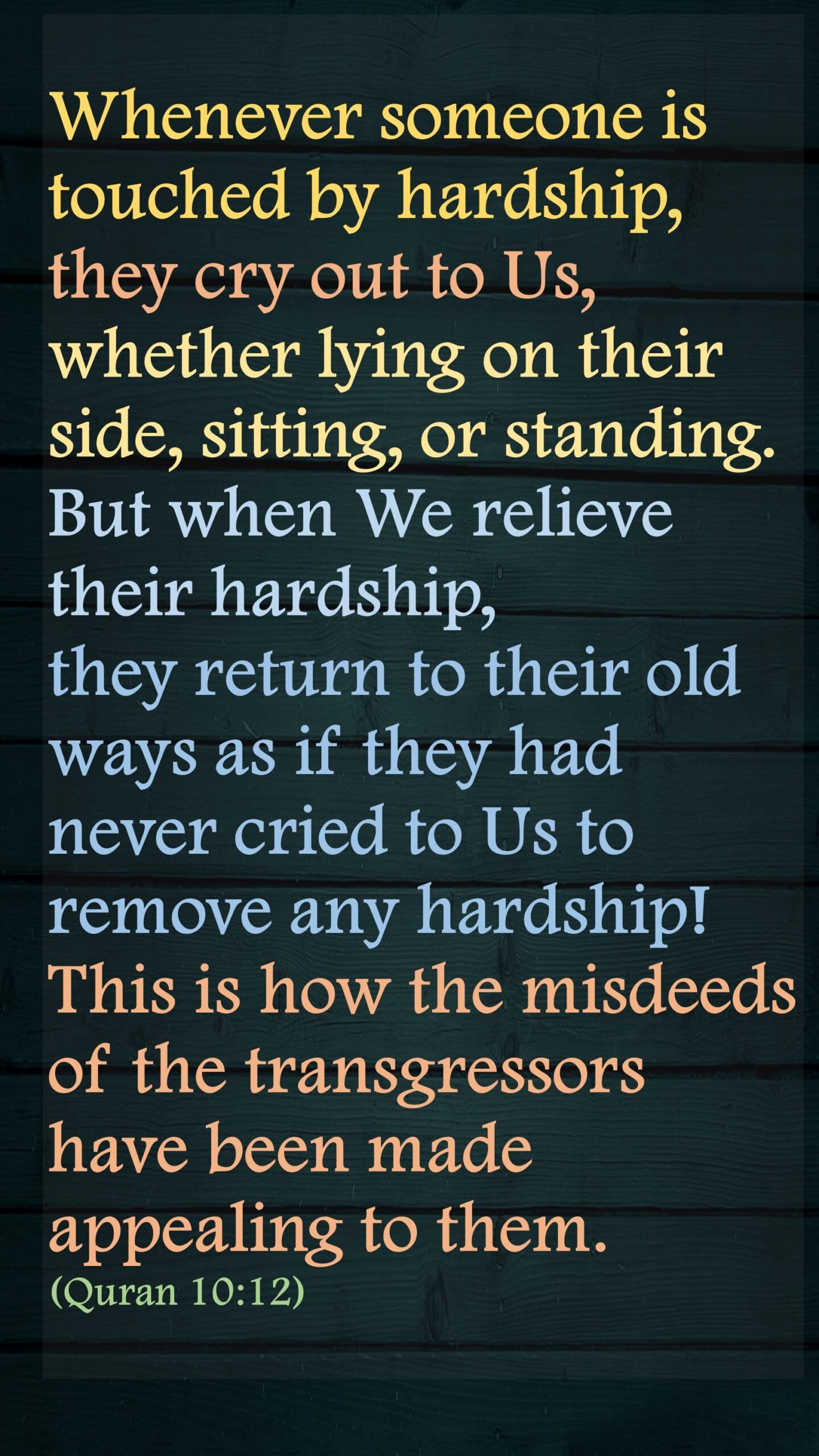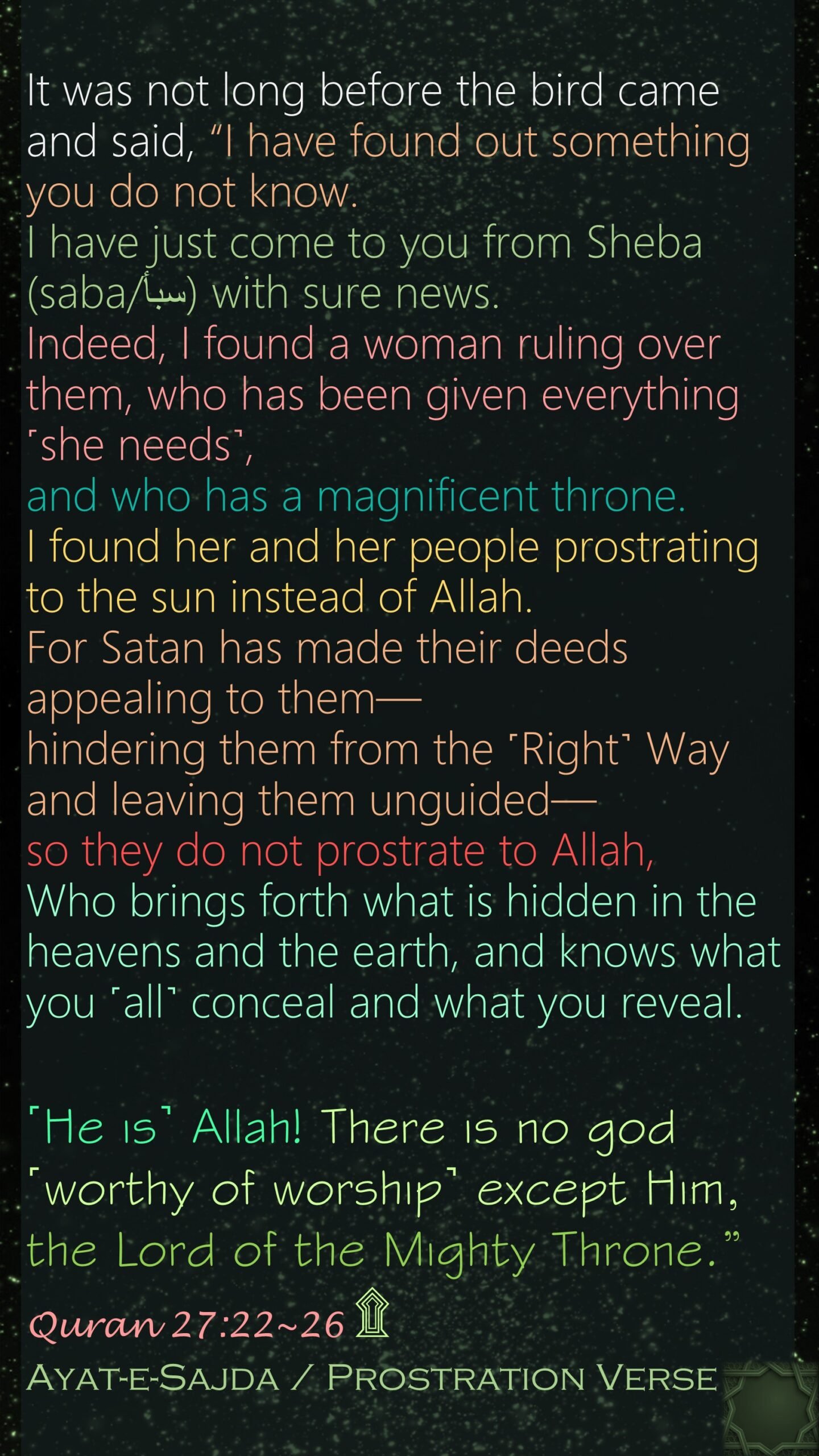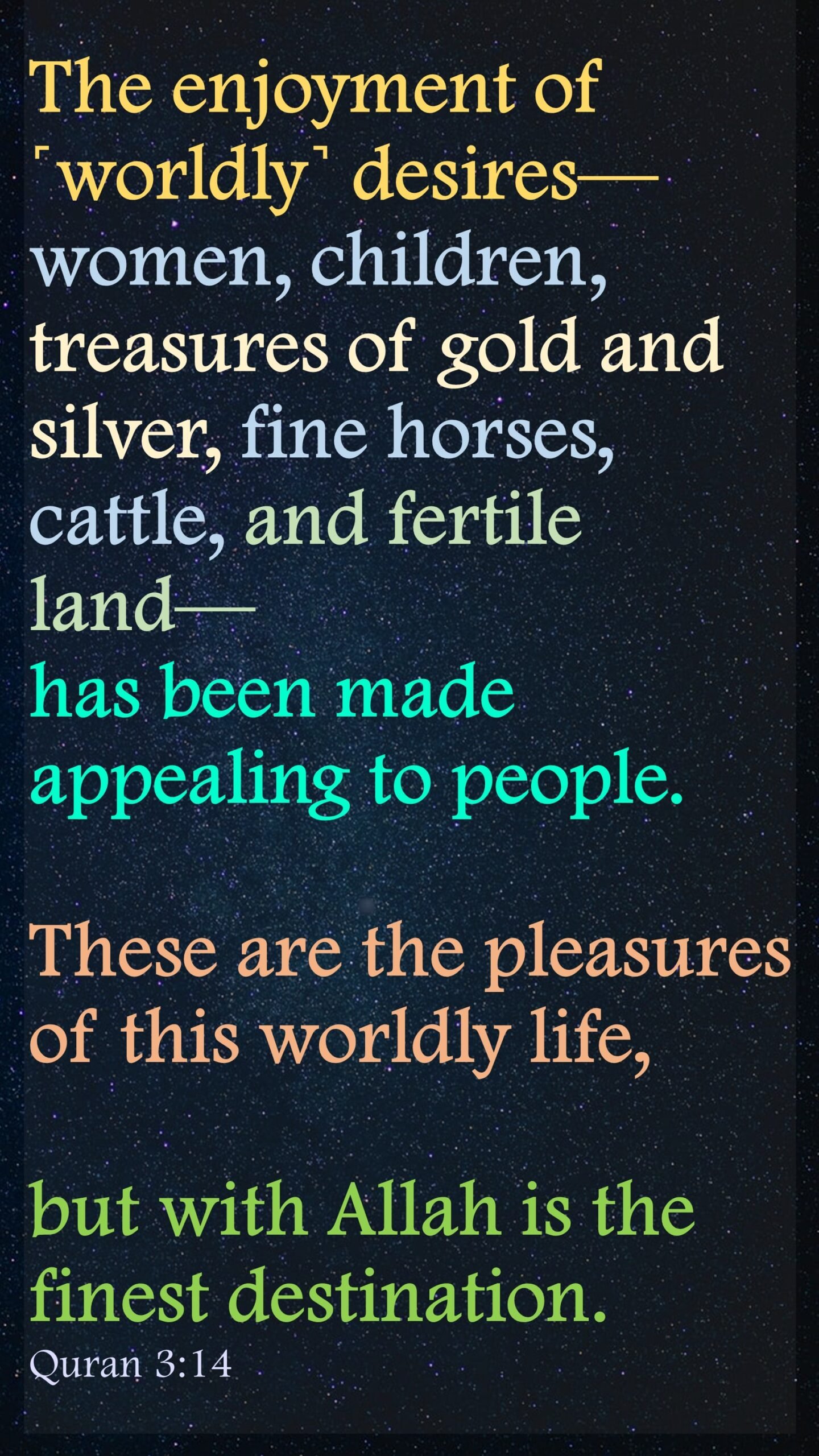Skip to Content
Tag Archives: appeal
- Home -
- Posts tagged "appeal"
5
Jul, 2025
Islam, Quran
Allah, appeal, ar-Rad, ayat, commit, daily, disbeliever, earth, empty, falsehood, gods, inform, inspirations, islam, islamic, know, knowledge, Muhammad, name, no guide, pagan, path, quran, Soul, straight, stray, Surah, thunder, turn away, vigilant, words, worship
26
Oct, 2024
Islam, Quran
006, 032, 033, 034, 035, abundance, adversity, al-anam, appeal, ayat, daily, denial, deny, desire, despair, everything, grip, harden, hearts, humble, inspirations, islam, islamic, misdeeds, Muhammad, quran, Satan, seize, shower, suffer, Surah, uproot, wrongdoer
17
Jul, 2024
Islam, Quran
8, all-nowing, Allah, appeal, ayat, creator, daily, deed, evil, evil-doing, Fatir, grievet, guide, inspirations, islam, islamic, leave, misguided, Muhammad, not, quran, righly guided, right, stray, Surah, will
22
Nov, 2023
Hadees, Islam
Allah, appeal, benefit, charitable, charity, daily, deed, earn, evil, good, help, inspirations, islam, islamic, Muslim, needy, nothing, work
9
Nov, 2023
Islam, Quran
Allah, appeal, ayat, Baqara, believer, daily, day, disbeliever, greater, inspirations, islam, islamic, judgement, Life, limit, mindful, mock, Muhammad, provision, quran, rank, Surah, The Cow, The Heifer, without, worldy
31
Aug, 2023
Islam, Quran
Allah, appeal, ayat, cry, daily, hardship, inspirations, islam, islamic, misdeed, quran, relieve, supplication, Surah, transgress
8
Apr, 2023
Islam, Quran
Allah, appeal, ayat, ayat-e-Sajda, conceal, daily, deeds, earth, God, heavens, hidden, hinder, hud-hud, inspirations, islam, islamic, magnificent, mighty, prostrate, prostrating, prostration verse, quran, reveal, right, ruler, saba, Satan, sheba, sun, Surah, throne, woman, worship, worthy
8
Jan, 2023
Islam, Quran
Allah, appeal, approach, ayat, back.do, barrier, behind, believer, Chapter 23, cry, daily, day, Death, eye-opening, good, inspirations, islam, islamic, left, Lord, Mu'minum, never, no, quran, ressurection, send, Surah, time, useless, Verse 100, Verse 99
28
Oct, 2022
Islam, Quran
appeal, ayat, cattle, chapter 3, children, daily, desire, destination, final, horses, inspirations, islam, islamic, land, pleasures, quran, Surah, Verse 14, women, worldly









